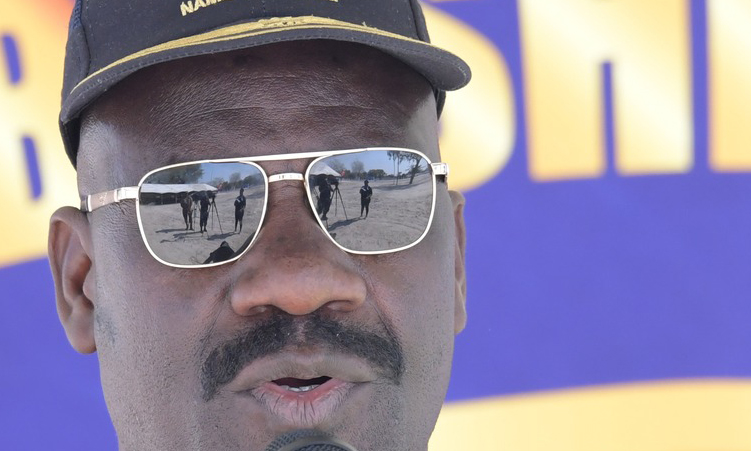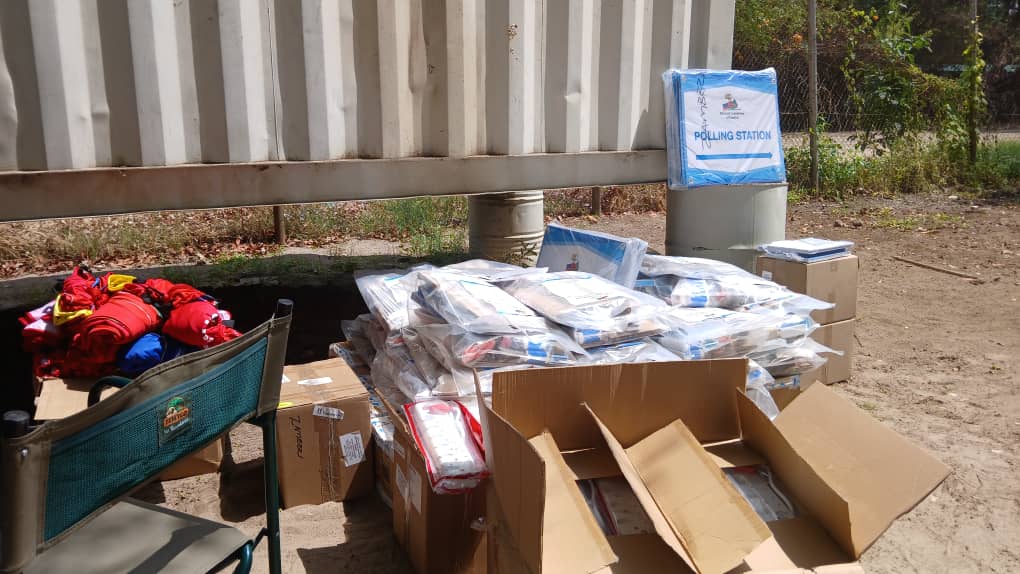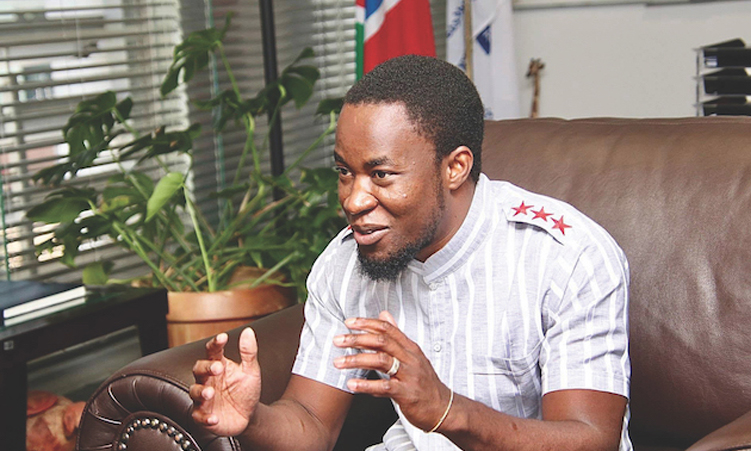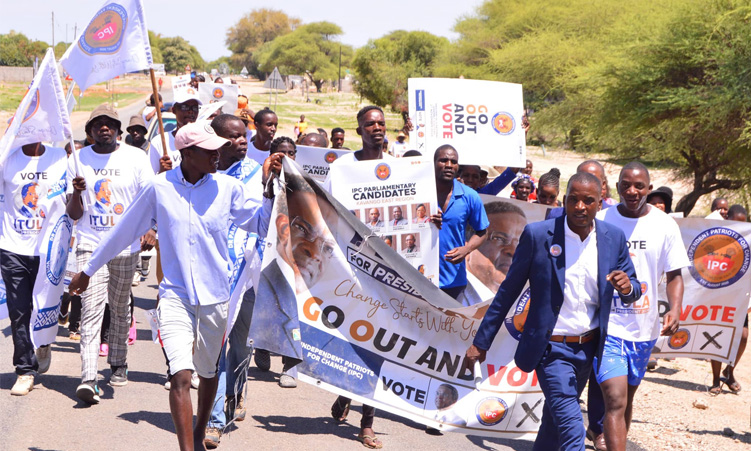Martin Imene, the father of Amalia Imene (13), says his daughter’s condition came as a shock.
Amalia was born with a club foot, a congenital condition that affects thousands worldwide.
Martin says during childhood, Amalia struggled to walk and instead crawled.
Undergoing surgery seemed impossible for the family.
Dr Ernst Kombo, the coordinator of the Namibia Club Foot Programme, says the condition is a common, congenital deformity of the foot that presents in newborns.
He says since the condition starts in the first trimester of pregnancy, the deformity is established at birth, and is often very rigid.
Kombo says a postural clubfoot is caused by the position of the foetus in utero and is usually mild, responding quickly to serial casting.
“One can identify a club foot in their baby when the foot points downwards and is twisted inward so that the top of the foot is almost where the bottom should be.
“You can also identify club foot when the baby’s foot is stiff and cannot be brought to a normal position. One or both feet can be affected,” he says.
He advises the parents of babies with the condition to seek medical attention at their nearest hospital.
“One can get help at the Windhoek Central Hospital, Rundu Intermediate Hospital, Oshakati Intermediate Hospital and Enkehaus Private Hospital,” he says.
CORRECTION
According to the World Health Organisation (WHO), around 100 000 babies worldwide are born with club foot every year.
It says the condition involves an inborn deformity of the foot, where either one or both feet are twisted inward, causing the child to walk on their ankles.
Left untreated, the condition causes severe lifelong disability.
Some 80% of untreated cases are found in developing countries.
The Ponseti method is a non-invasive, low-cost procedure to correct club foot, and has a 98% success rate.
It involves manually aligning a child’s foot through a series of casts.
It can take as little as five casts and 20 days to give a child a new chance at a disability-free life without requiring surgery.
STEPS2WALK
Steps2Walk is an international volunteer organisation which provides both surgical care and education about foot and ankle deformities, including club foot, in Windhoek.
According to the organisation’s founder and president, Mark Myerson, the initiative does not aim to perform surgery only, but also to teach local doctors how to manage health issues.
“We don’t charge anything for these surgeries, and I would therefore like to sincerely thank the financial support this programme has received – not only from Nedbank, but also First National Bank.”
Myerson says Steps2Walk has so far operated on over 100 children in Namibia.
“The problems we treat are normally associated with birth, including cerebral palsy, club foot, and children with other neurological deformities.
“Namibia has a high number of children with club foot, although I’m not sure why,” he says.
Amalia was one of the beneficiaries of this programme and will be operated on soon.
Her father says he is super excited and grateful for the initiative, as his daughter will finally be able to walk again.
“I am really very happy that the doctors will perform surgery on her and we will not have to pay for anything,” he says.
This year, Steps2Walk will conduct programmes in Pakistan, Mexico and Namibia, among 14 other locations.
To date, the organisation has performed more than 1 400 surgical operations, trained more than 500 orthopaedic surgeons, and hosted programmes in more than 24 countries.
Stay informed with The Namibian – your source for credible journalism. Get in-depth reporting and opinions for
only N$85 a month. Invest in journalism, invest in democracy –
Subscribe Now!






